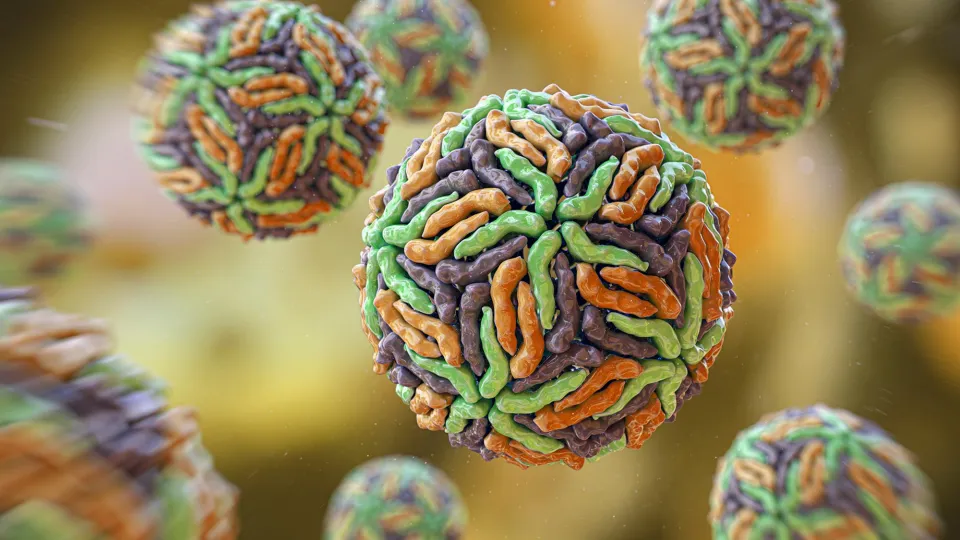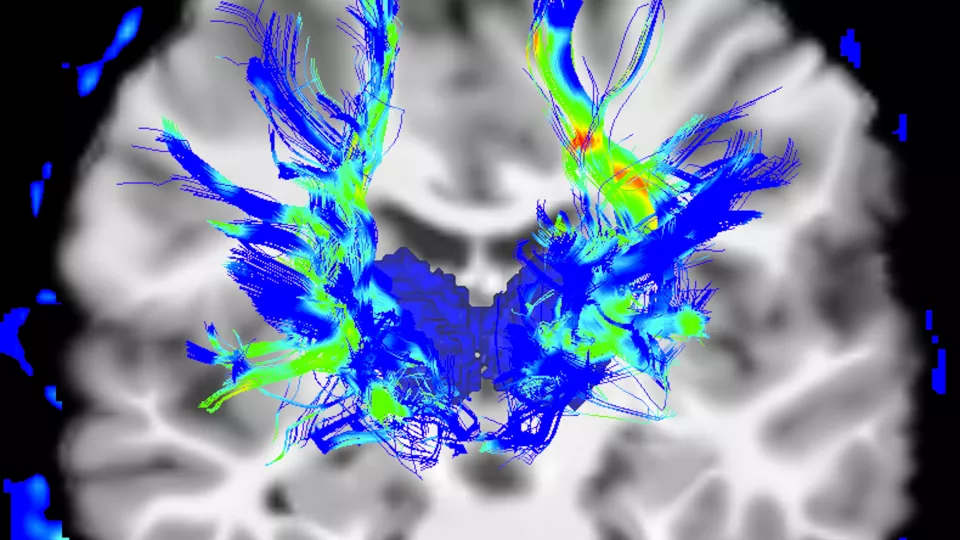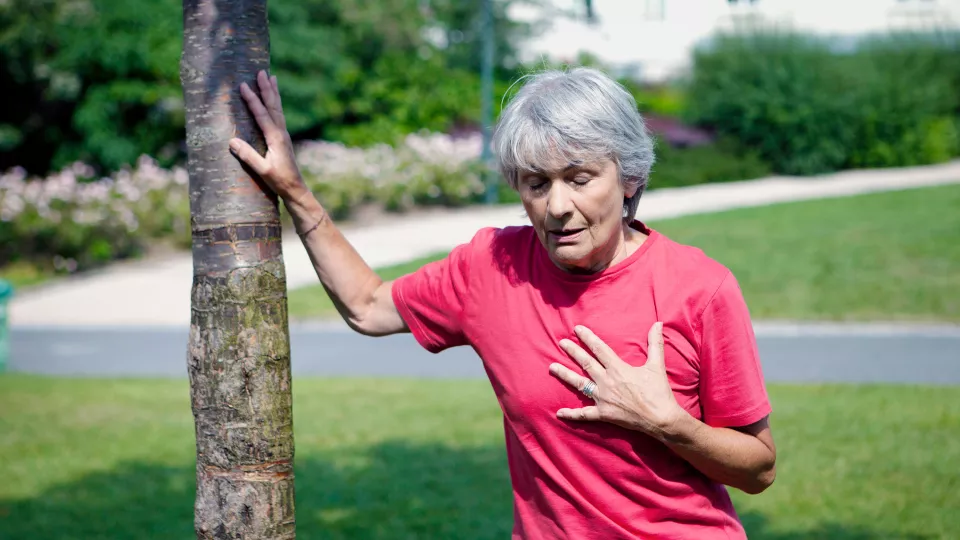News Release
Einstein Secures $192 Million in NIH Grants in 2024
December 3, 2024 (BRONX, NY)
Researchers at Albert Einstein College of Medicine received $192 million in grants from the National Institutes of Health (NIH) during 2024, remaining one of the top research institutions in the country.
![]()
“Einstein’s faculty members continue to demonstrate their leadership in their fields, excelling in all areas across the research spectrum—from basic science and translational research to clinical trials and community-based studies,” said Yaron Tomer, M.D., the Marilyn and Stanley M. Katz Dean at Einstein and chief academic officer at Montefiore Einstein. “But what truly sets us apart is our deep commitment to our community and prioritizing investigations into diseases and conditions that impact the Bronx.”
Einstein’s largest grant—expected to total $70 million over five years—was awarded to Kartik Chandran, Ph.D., to lead a multi-institutional consortium that will develop vaccines and treatments for emerging viruses. The Einstein-led group will link 13 teams in academia, government, and industry to better understand virus-host interaction and build “road maps” for quickly developing preventive strategies and therapies against microbes with pandemic potential.
Several other faculty members received major grants focused on age-related diseases and conditions:
- Two grants totaling $5.9 million to unravel the mechanisms of neurodegeneration in Parkinson’s disease (Frank Soldner, M.D.)
- $5.2 million to research aging-related blood defects in two Ashkenazi Jewish cohorts that include individuals aged 95 and older (Aditi Shastri, M.D., and Sofiya Milman, M.D., M.S.)
- $3.6 million to examine the neurological and behavioral processes involved in asthma’s influence on walking among older people (Roee Holtzer, Ph.D., and Jonathan Feldman, Ph.D.)
“Einstein investigators are particularly committed to conducting research on diseases and conditions that disproportionately impact the Bronx,” said Marla Keller, M.D., executive dean at Einstein. Among the grants focused on addressing these disorders are:
- $3.9 million to study how interactions among disseminated cancer cells lead to metastasis (Julio Aguirre-Ghiso, Ph.D., and Maria S. Sosa, Ph.D.)
- $3.8 million to investigate arterial calcium buildup in chronic kidney disease (Wei Chen, M.D., M.S.)
- $3.7 million to investigate if an immersive mindfulness intervention can reduce both pain and cravings in people with opioid use disorder (Hector Perez, M.D.)
- $3.6 million to develop a T cell-targeted delivery technology for producing HIV-specific CAR-T cells in patients’ bodies (Harris Goldstein, M.D.)
“I congratulate our faculty as they continue to expand our understanding of human health and disease—and most importantly, improve the health and lives of our neighbors in the Bronx and beyond,” said Dr. Tomer.



